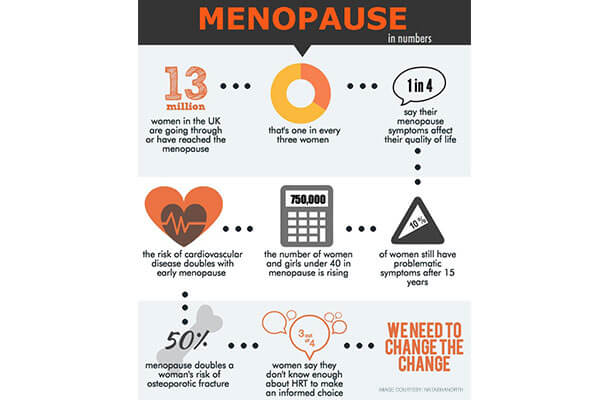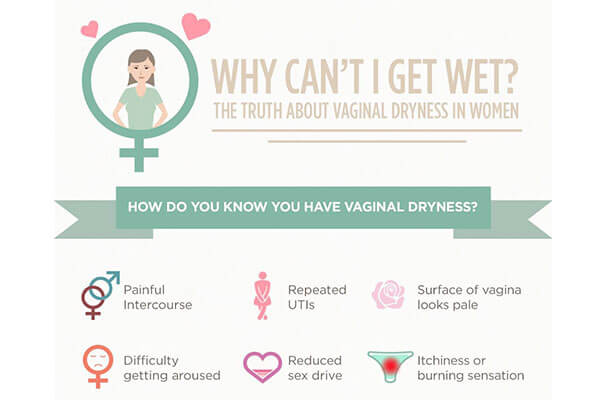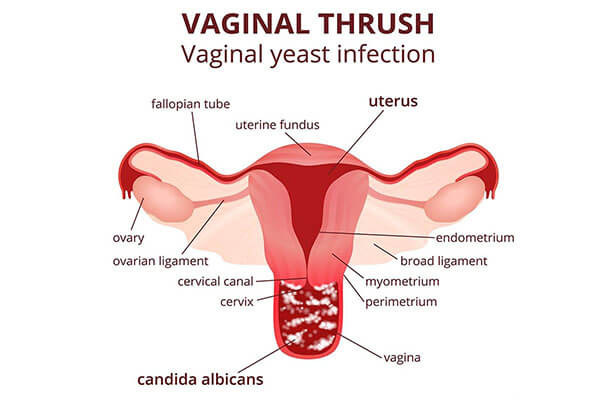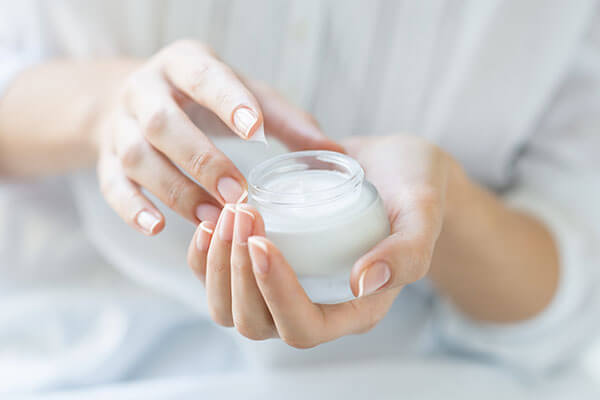Many events in a woman’s reproductive life have varied effects on her body and sexual capacity. Dry vaginal skin is one of the most commonly experienced problems by women especially after childbirth, while breastfeeding, or after menopause.
Vaginal dryness can be temporary or long-term, but either way can take a toll on a woman’s self-esteem and overall feeling of desirability. It can cause anxiety, physical and emotional discomfort, embarrassment, and the loss of a sense of womanliness.
So, if you’re asking “Why am I dry down there all of a sudden?” or “what is vaginal dryness and why does it happen?”, You have come to the right place! Read on to find out more about vagina dryness and how to treat it!
A. What Is Vaginal Dryness?

Vaginal dryness or more formally known as atrophic vaginitis or vaginal atrophy is a condition that many women find themselves experiencing. It is characterized by the loss or reduced production of the natural vaginal lubrication due to a drop in estrogen levels, leading to problems like pain during sex, itching, chafing, and burning.
B.What Causes a Woman’s Vagina To Be Dry?

Normally, the vaginal moisture as well as the elasticity, and arousability of the vaginal tissues are maintained by the lubricating substance produced by glands from the uterus due to the action of the hormone estrogen. There are many reasons and factors that contribute to the drop in the estrogen production by the ovaries, making the vagina feel dry, irritated, and itchy.
The most common causes of a decrease in estrogen levels or dry skin around the private area include:
1. Menopausal Symptoms. During the transition to menopause, the ovaries make less estrogen due to a reduced number of lubricating glands and thinning of the vaginal tissues.
2. Underlying conditions or diseases.
3. Hormonal treatments like contraceptives and hormone replacement treatments or HRT.
5. Certain medications like hay fever medicines, antihistamines, cold medications, anti-estrogen drugs, and antidepressants.
6. Side Effects of heavy drinking and cigarette smoking or reaction to substances like alcohol and nicotine.
7. Intolerances to preparations or formulas for the vulva and vagina such as very harsh soaps or douches.
8. Irritation from towels or underwear.
9. Deep physical or emotional stress that alters the normal hormone production Immune disorders.
10. Hysterectomy.
11. Early menopause.
12. Post episiotomy.
13. Lack of proper arousal or foreplay before intercourse.
14. Illnesses like cancer and treatments such as chemotherapy and radiation.
C.What Are The Signs And Symptoms Of Dry Vaginal Skin?

The signs and symptoms of dry vaginal skin include:
1. Loss of lubrication (more common in menopausal women).
2. Thinning of the skin around the vagina, making it more prone to damage, irritation, and infection.
3. Uncomfortable or painful sex.
4. Loss of sexual desire or interest or the ability to get aroused.
5. Pain during urination, exercise, sitting, or standing.
6. Pain during a cervical smear.
7. Changes in the physical appearance of the vulva.
8. Changes in the thickness, color, and smell of vaginal discharge.
9. Emotional impact or embarrassment.
Related: 8 Tips On How To Have A Healthy Vagina
D.What Does It Mean When Your Vagina Is Dry And Itchy?

If you feel dry down there and itchy, you may be experiencing any of the following:
1. Sjogren’s Syndrome- This is an autoimmune disorder wherein the body’s immune system attacks healthy cells that make up the glands that produce moisture or lubrication.
2. Sexually transmitted diseases (STDs).
3. Urinary tract infection.
4. Dry yeast infection caused by the fungus Candida albicans.
5. Allergic reactions or sensitivity to certain substances or medications.
6. Anxiety And Emotional Stress – Your psychological and mental state can also interfere with your sexual drive or desire. When a woman is anxious, blood flow to the genitals is hindered, making it insufficient to produce lubrication.
E.How Can Dry Vaginal Skin Be Treated?

Often, vaginal dryness and itching is nothing too serious. However, if you suspect an underlying condition or disease or if the symptoms become severe or unbearable, you should consult your gynecologist or doctor immediately. This way, the exact cause of your vaginal or vulvar dryness can be diagnosed through a series of tests. Once the cause is determined, they can now recommend appropriate treatments.
Some of these treatments may include:
Topical estrogen therapy to provide the hormones your body is no longer producing
1. Oral estrogen hormone therapy to provide more estrogen in your bloodstream to stimulate lubricant production.
2. Vaginal estrogen ring (Estring), a soft, flexible ring inserted into the vagina that directly released estrogen to the vaginal tissues.
3. Vaginal estrogen tablet (Vagifem), a tablet inserted into the vagina using an applicator.
4. Vaginal estrogen cream like Premarin and Estrace typically applied for up to two weeks or as advised by a doctor.
5. Lubricants applied to the vulva and vagina before or during sexual activity.
6. Vaginal moisturizers used twice to thrice per week.
F.What Are Other Dry Vagina Home Remedies And Tips?

To reduce, treat, and prevent vaginal dryness, follow these tips:
1. Avoid using scented soaps, bubble baths, douches, harsh cleansers, and lotions on your private parts.
2. Use local estrogen treatments to moisturize dry vaginal skin, regulate the pH, and control bacterial growth.
3. Use topical creams to treat irritation and itching.
4. Take more time during intercourse to enhance sexual stimulation and lubricant production.
5. Use water-based personal lubricants to soothe dry vaginal skin.
6. Try complementary therapies like acupuncture.
7. Find ways to treat and prevent a yeast infection right away.
8. Try natural aids like black cohosh, soy isoflavones, and wild yam extract.
9. Avoid too much physical, mental, or emotional stress.
10. Do not drink too much alcohol or smoke too many cigarettes. Start reducing both until you can quit smoking and drinking.
11. Talk to your doctor and partner about the problem.
Dry vaginal skin can be due to some problems and can deeply affect a woman’s self-esteem and sex life. If you have vaginal dryness, try following the given preventive tips and remedies. If you do not see any improvement or if the discomfort persists, open up to your partner and doctor to be able to discuss possible solutions and treatment options.
With the right diagnosis, proper care, lifestyle change, a relaxed and positive outlook on life, and the help of your doctor and partner, you can surely conquer vaginal dryness.
“Hope you find the post helpful and we are excited to hear what you think of it!”






